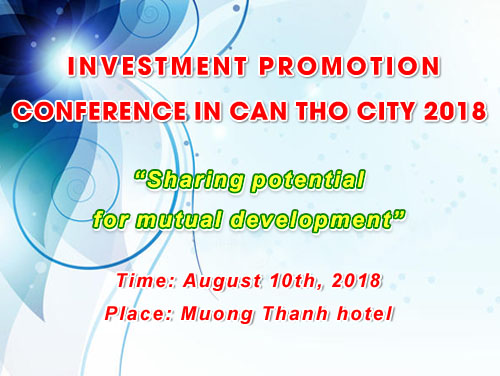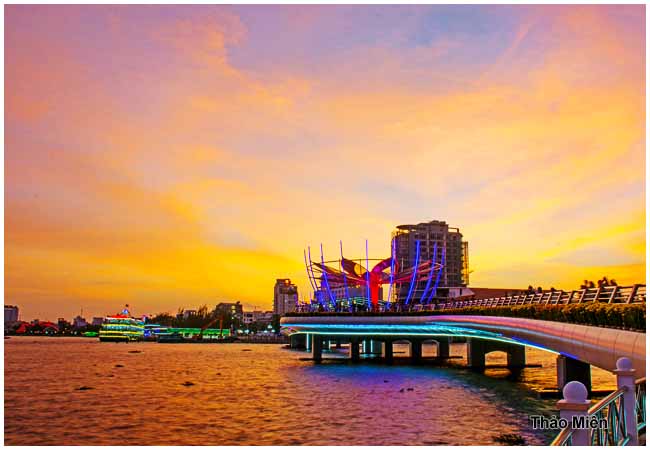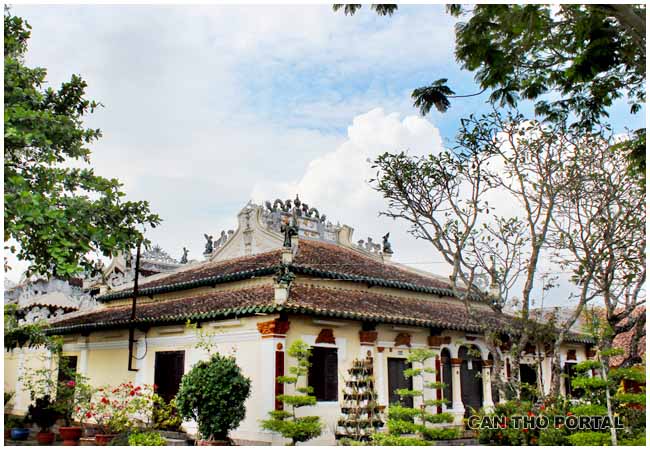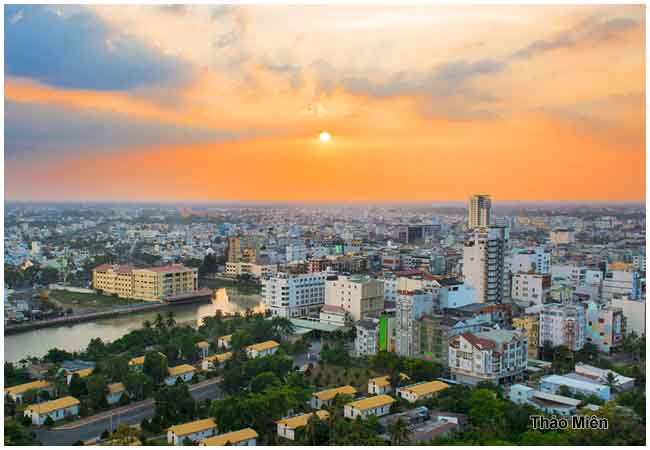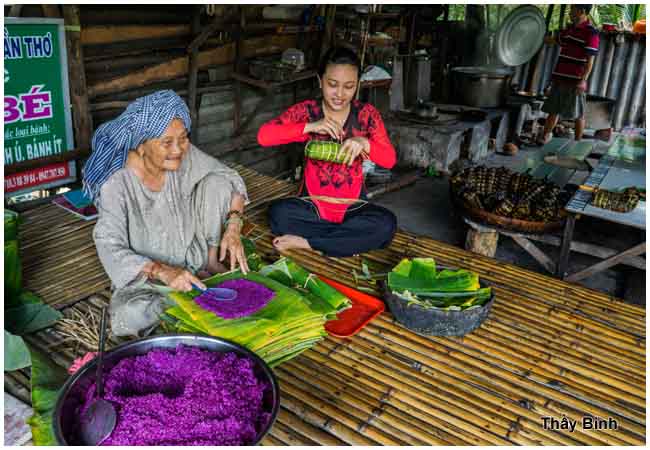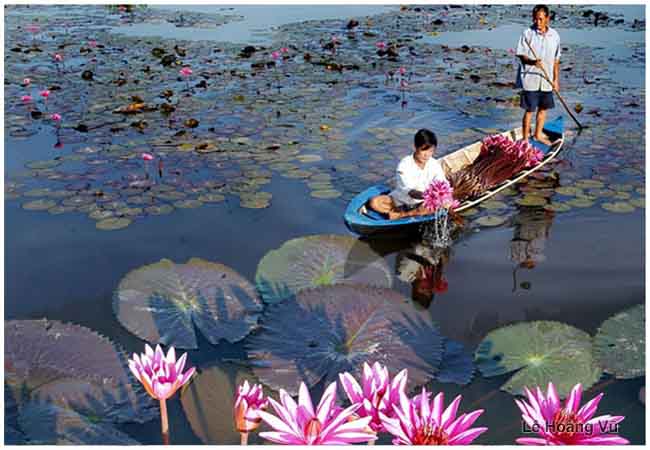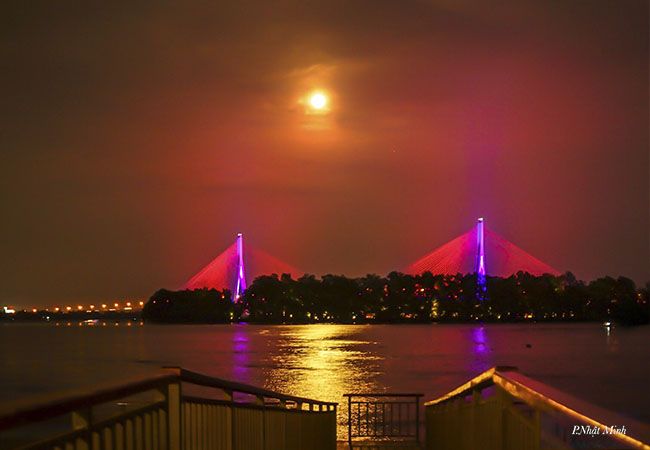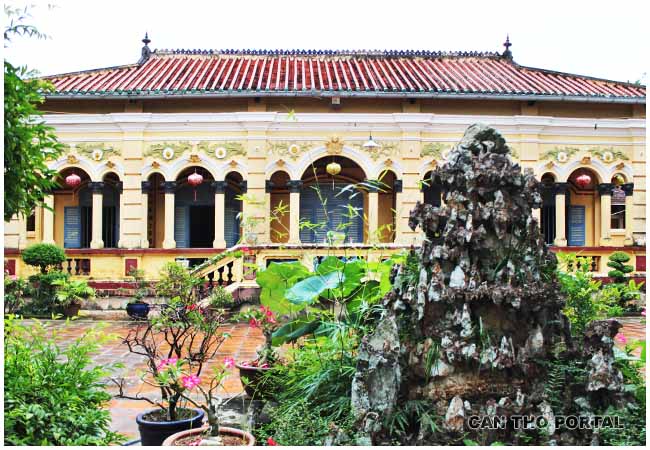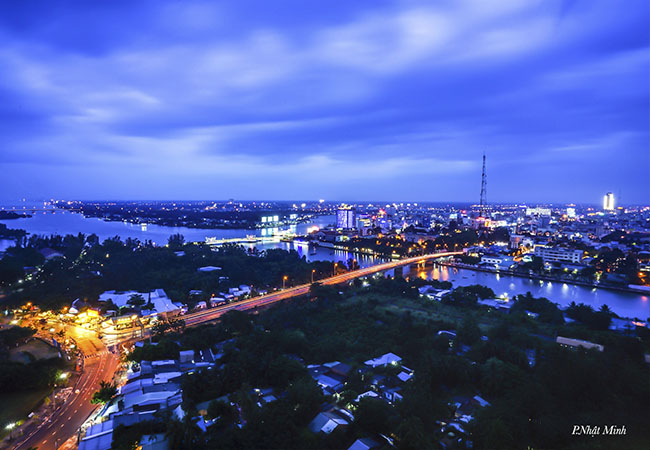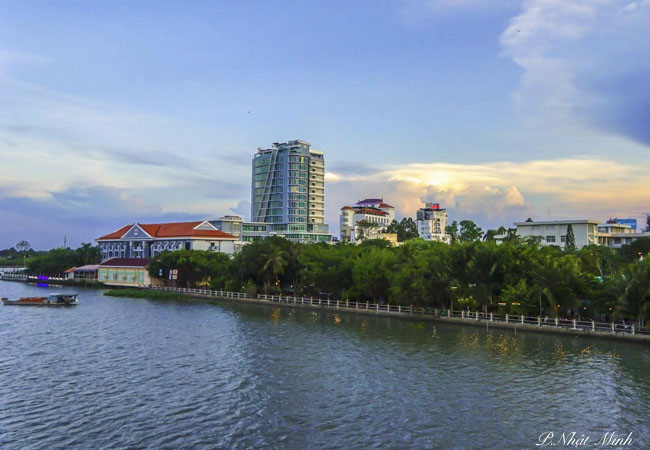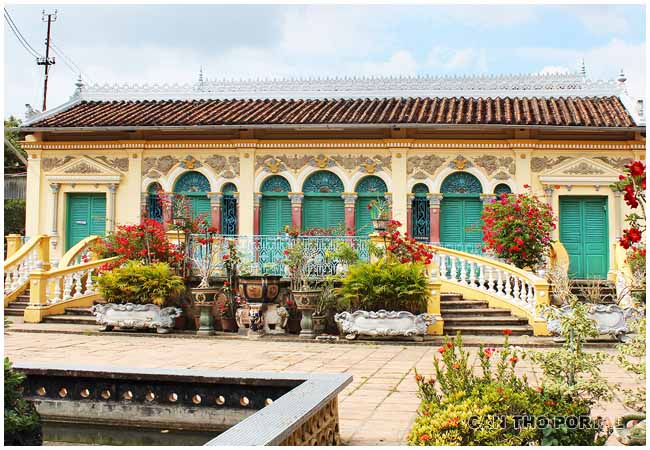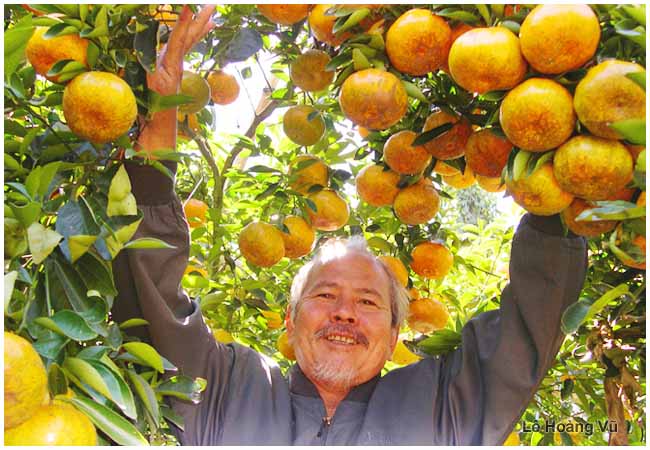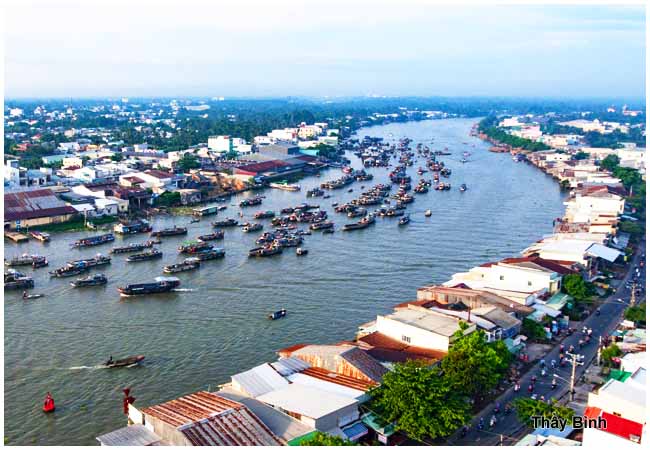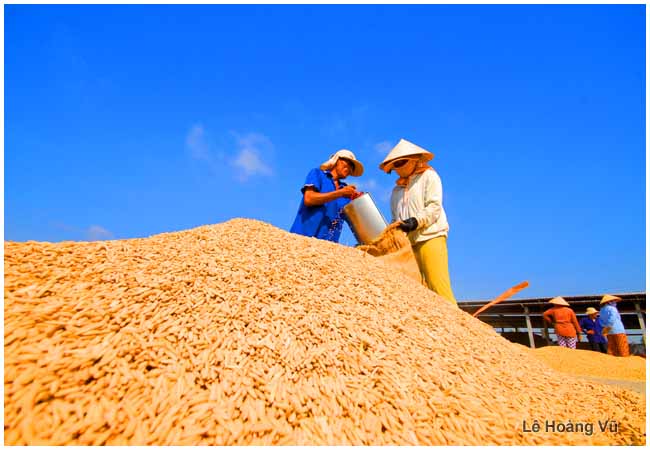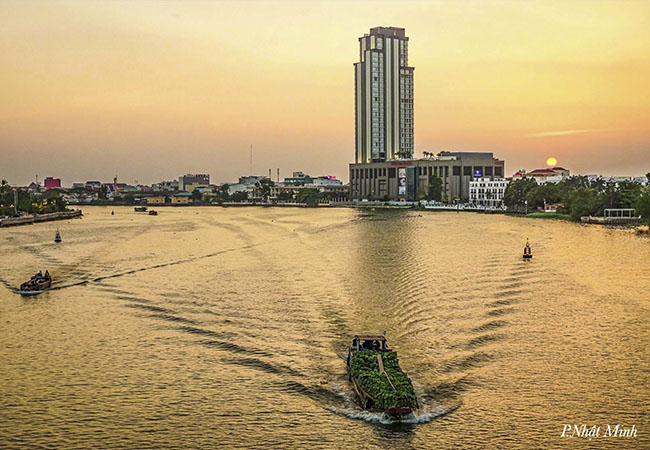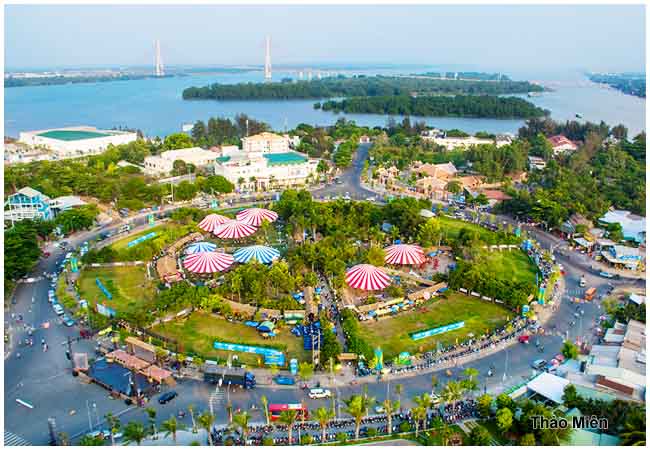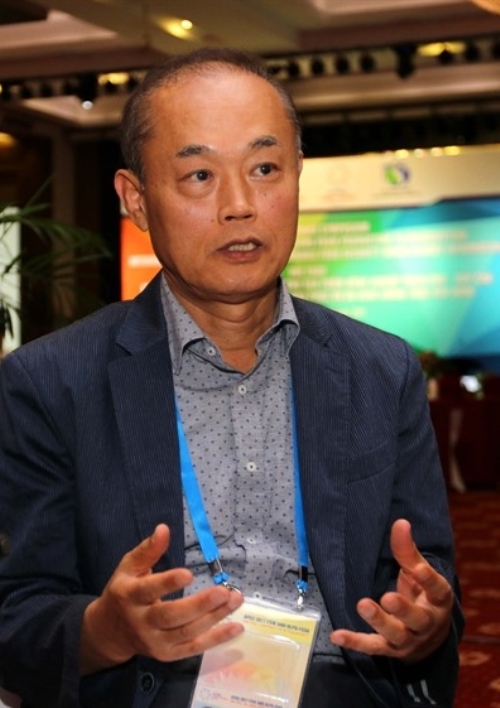
What are the main focuses of the APEC Climate Center? Please tell us about some of its notable activities since establishment?
The APEC Climate Centre’s roles focus on three main areas. One is providing climate prediction information. We collect information about temperature and rainfall, etc. This information is mainly used by meteorological agencies in developing economies to produce their own climate prediction.
Our second focus is climate information application, or how to utilise climate information, in agricultural water measurement, agricultural risk reduction, and response to climate change.
The third focus is capacity building. We assist officials in developing economies who make climate prediction improve their technical knowledge in this field. We also provide technical information on how to utilise this information on our website.
Our climate prediction information is of good quality because we collect data from 17 prestigious climate prediction institutions, and, based on that, we make our own prediction. We have a team of experts to evaluate the data collected to reduce statistical errors. If any data looks strange, our staff will double check to see if it is correct.
We have launched several projects in ASEAN like a disaster risk measurement system. We have a road map for research studies to help them manage disaster risks such as heavy rains and typhoons. We provide them a computer platform to access references and useful knowledge about risk management.
For example, we have done an early warning system for forest fires in Indonesia and helped Philippines improve its climate prediction capacity.
So far we have not discussed with the Vietnamese Government about potential projects that we can do together, but we are willing to collaborate with them if we can have further discussions. But I think Việt Nam has great potential.
From your experience, what are the challenges APEC member economies face in utilising or accessing climate information, especially those who still face difficulties in applying new technologies?
There are several challenges, especially in developing economies. First is from the government sector. Usually there are several stations to measure temperature, pressure, air moisture, wind speed, etc. But the quality of the data and the network is not sufficient. Their communication system sometimes does not work well. The have limited capacity in producing climate prediction information and applying them in the agricultural sector.
Another challenge is from the farmers’ side. Most farmers follow traditional agricultural practices and they do not exactly know why climate prediction is important and they do not know that they can improve productivity by utilising this information when now there are good technologies to do that.
Limited understanding and interpretation of climate information and [inability to] link them to farming are the main challenges.
What is the key to improving climate literacy among farmers in APEC member economies to enable them to use climate information and build resilient agro-food systems and achieve food security?
I think the most important thing is each member economy should understand their issues and have the willingness to make some improvements. That’s the key. International organisations or donors including APCC can assist them but they cannot do everything.
But I think there is a good model in Tonga, where we have launched an agricultural climate information utilisation project. We invited both government and farmers to come together and work out a solution to the issue. Farmers can talk to the government about their problem and they understand each other much better. Co-operation between the government, private sector and climate centre is a very critical factor.
Source: VNS




